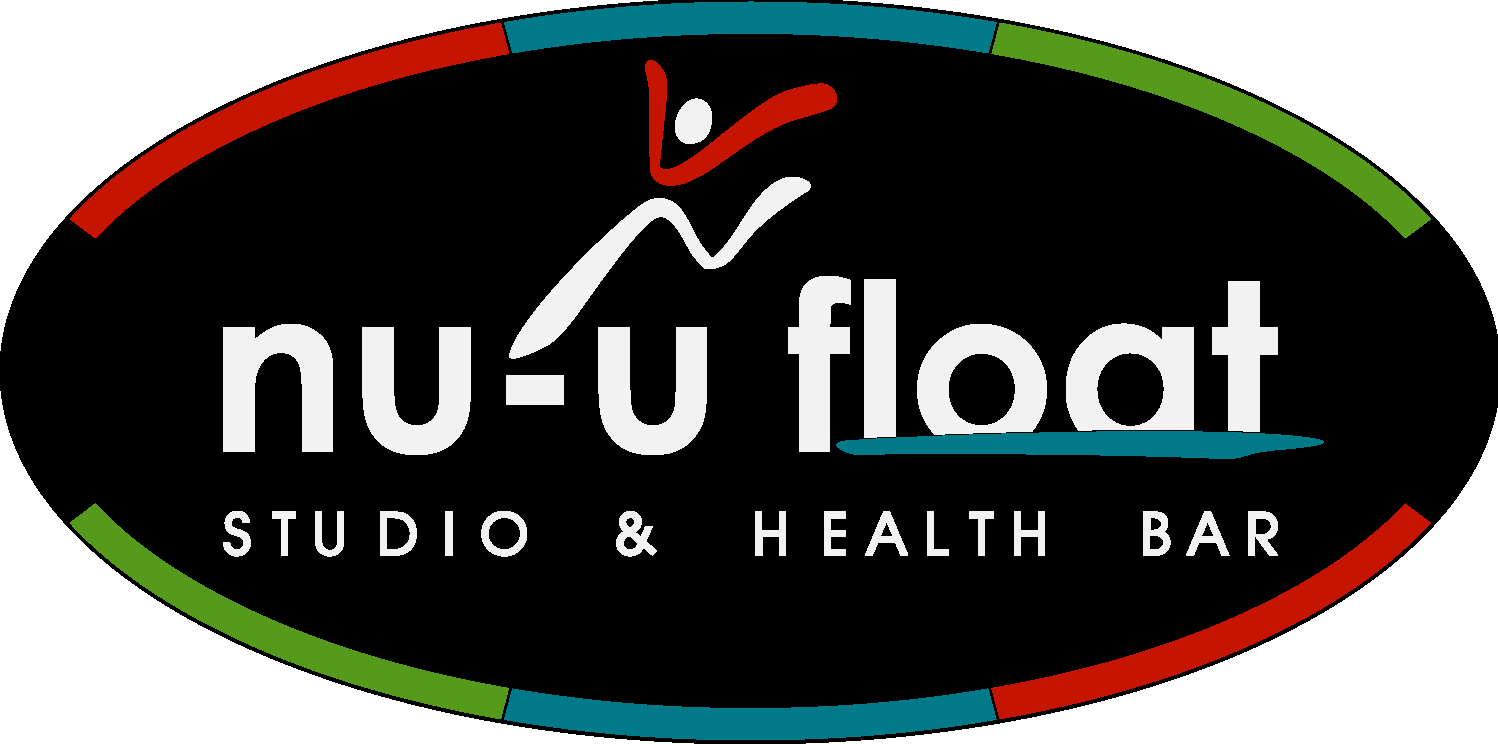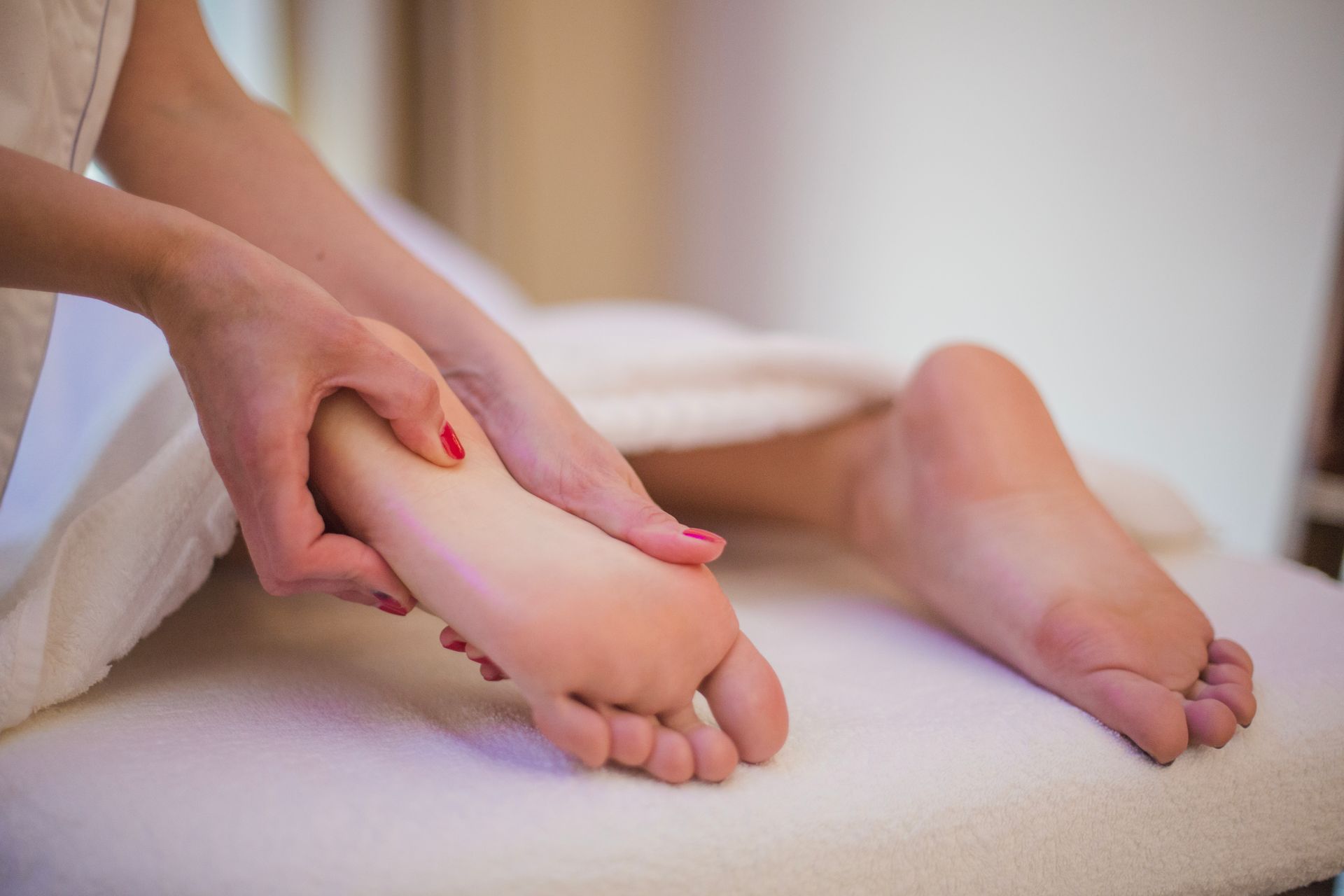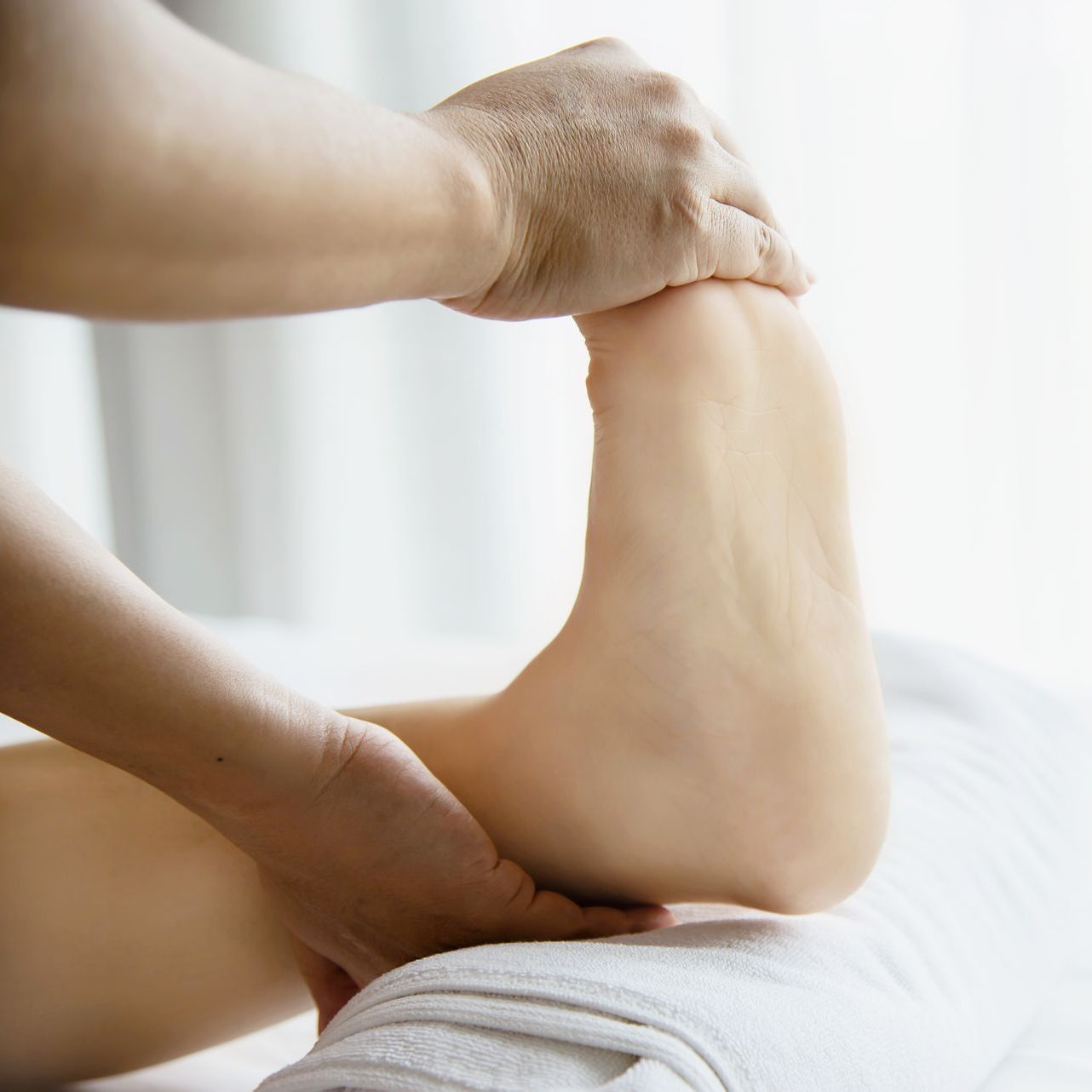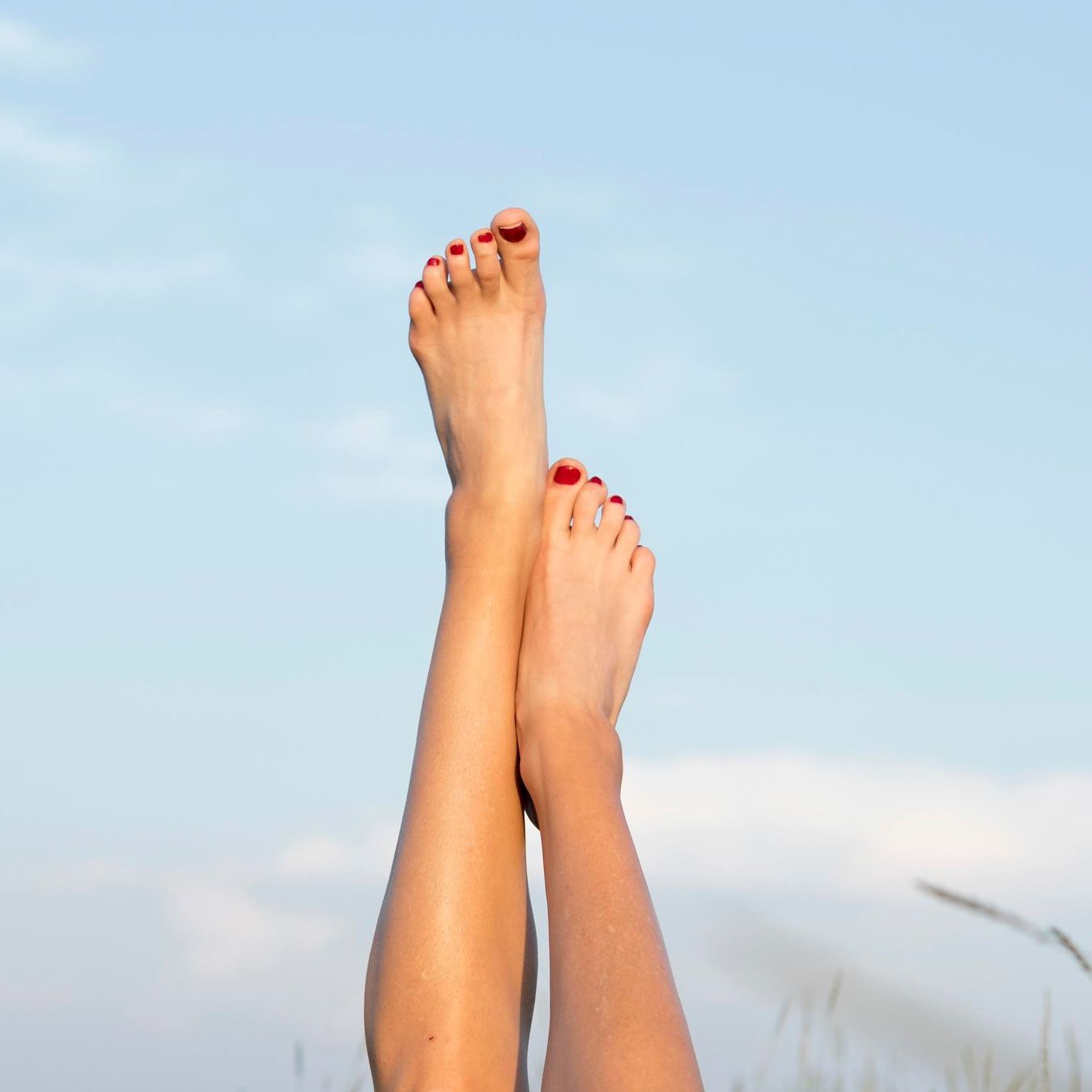Balance and Heal Through Reflexology
Reflexology is a calming therapeutic practice that applies gentle pressure to specific points on the feet, hands, or ears. These reflex points connect to your body's organs and systems through energy pathways, or meridians. Ideal for anyone seeking to unwind, reflexology promotes relaxation, enhances circulation, and supports your body's natural healing abilities in a holistic way.
This gentle, non-invasive approach is perfect for those wishing to alleviate stress, improve circulation, or reduce discomfort from headaches and joint pain. Our skilled practitioners stimulate energy pathways to harmonize your body's flow, making it a soothing addition to any wellness routine. Experience blissful healing, tailored to nurture your overall well-being. Book an appointment and enjoy your session at Nu-U Float Studio and Health Bar in Brantford.
Frequently Asked Questions
Explore our answers to common reflexology queries designed to enhance your understanding and confidence in our services. If your questions remain, feel free to reach out to us directly for comprehensive assistance.
Explore Our Other Services
Discover a holistic approach to wellness with our diverse range of services. We offer therapies designed to rejuvenate, relax, and restore your balance, promoting both physical and mental well-being. Experience our commitment to health in a tranquil and inviting environment.



